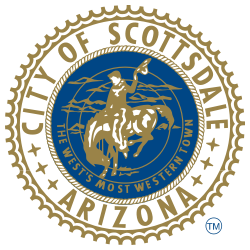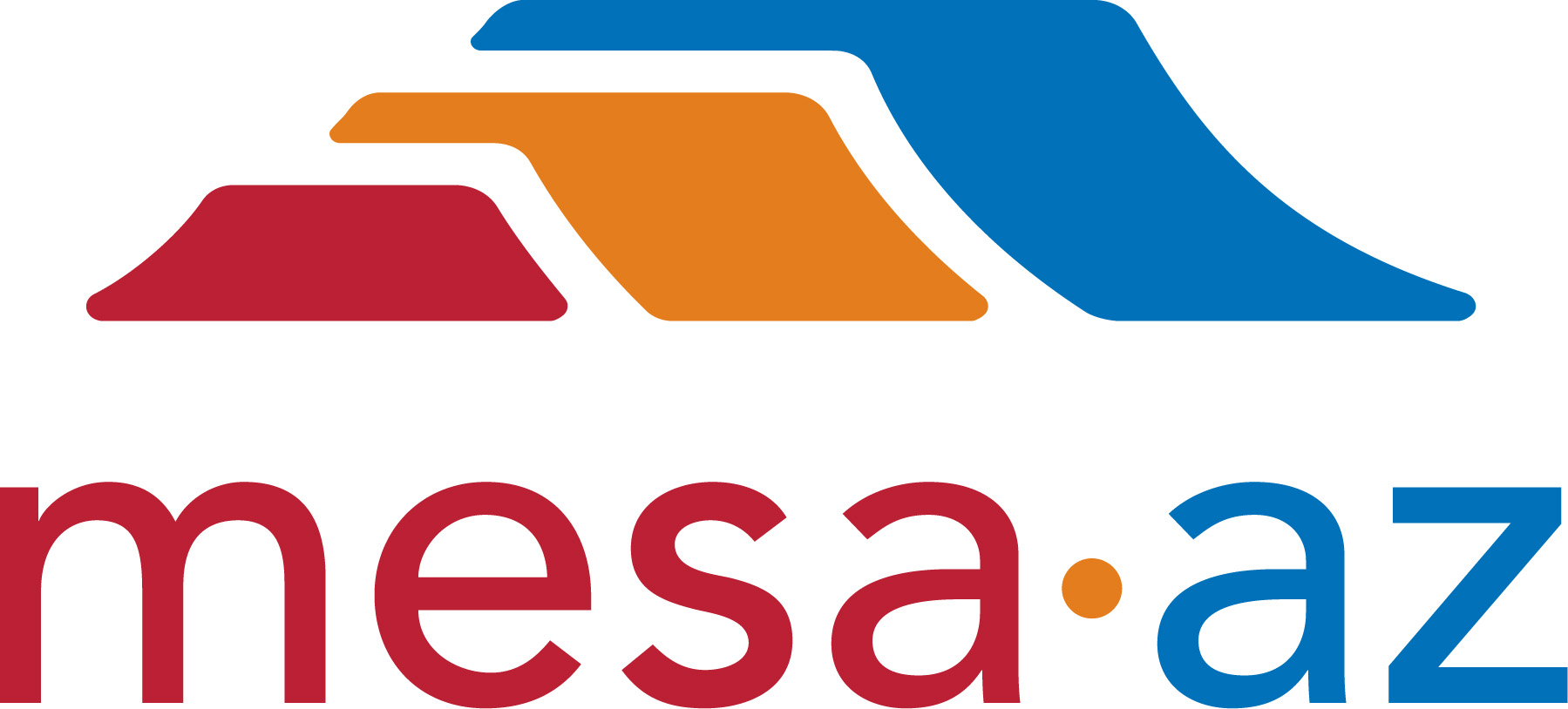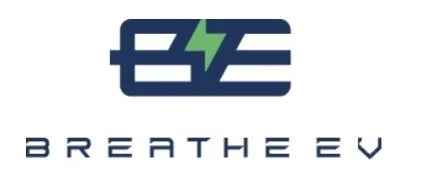U.S. DOT launched the Climate Strategies that Work Playbook. The playbook outlines a menu of options for climate champions and local leaders to make data-backed choices that are right for their communities.
The Playbook is a new comprehensive resource developed to guide cities, regions, industry leaders, philanthropic strategists, and transportation professionals at every level in implementing the most effective strategies for reducing transportation sector greenhouse gas emissions.
The playbook provides actionable information for 27 transportation-related emission reduction strategies through well-vetted guides detailing benefits, implementation steps, and resources. Informed by the U.S. National Blueprint for Transportation Decarbonization, the playbook emphasizes convenient, efficient, and clean transportation solutions, while also considering equity, safety, and economic growth, ultimately helping communities grow stronger, safer, smarter, and more sustainable.
Strategies span infrastructure investments, technology applications, and policy strategies. These include active transportation, electric vehicles, and freight operational efficiencies for use by rural and urban communities. The playbook supports users in making evidence-based decisions for climate action planning, helping meet climate and economic development goals while providing mobility choices.














